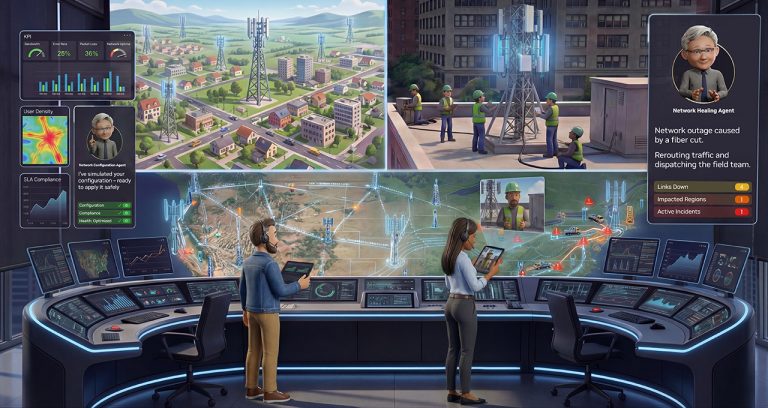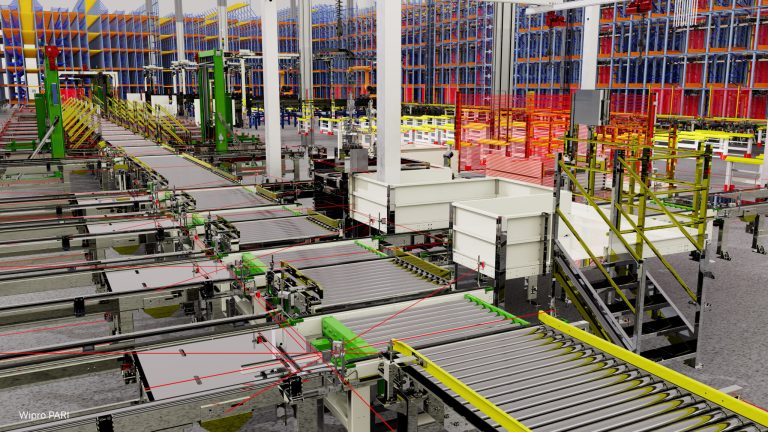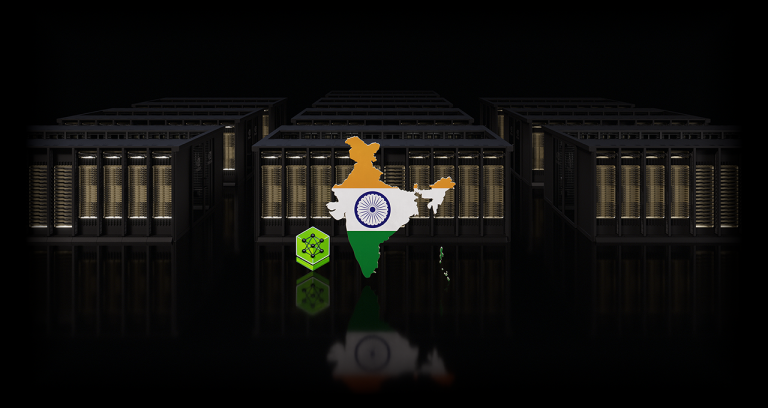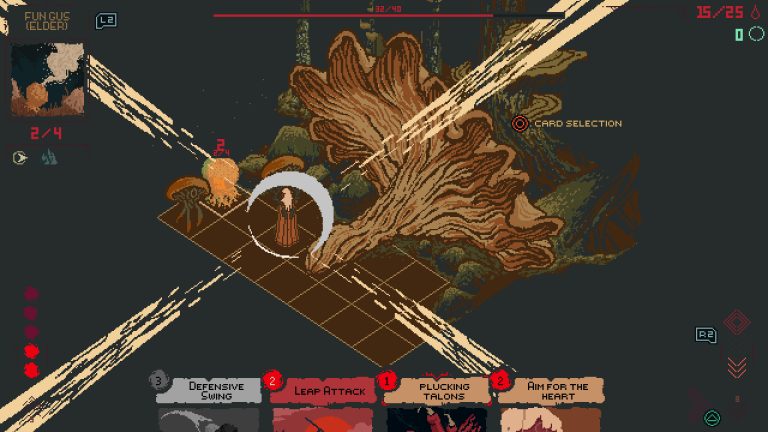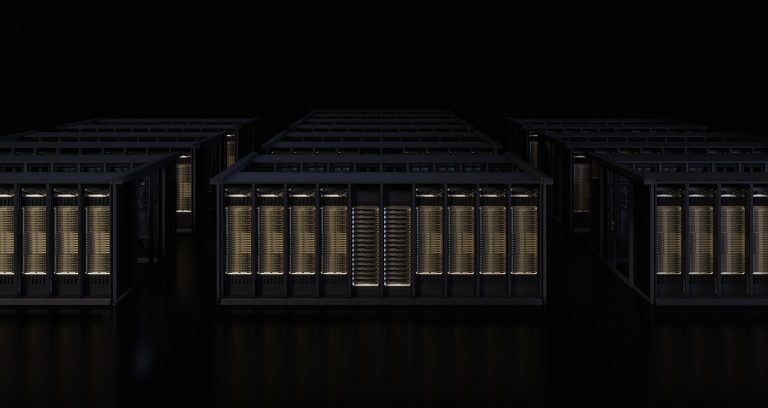Wildfires are responsible for about 6 percent of the planet’s CO2 emissions, according to Earth System Science Data. Australia’s bushfire season of 2019-2020 alone saw over 46 million acres of land devastated by wildfire, including the loss of almost half a billion mammals, birds and reptiles.
NVIDIA Inception member OroraTech is addressing these issues head-on with its wildfire detection and monitoring service.
Combining data from predominantly satellites but also ground-based cameras, aerial observations and local weather information, the Munich-based startup is taking on the challenge of preventing one of today’s most prevalent disasters.
“Wildfires are a natural phenomenon — but global warming is making it worse,” said Björn Stoffers, one of the company’s co-founders. “There are more droughts, pest infestation, higher temperatures and humans are building houses in wildfire-prone areas. Our goal is to monitor wildfires around the world and detect every fire within 30 minutes.”
Detection From Start to Finish
Data suggests global warming might be happening faster than we thought. Temperatures are rising, carbon dioxide levels are at their highest and extreme weather events are happening more frequently. Preventing wildfires is one route to reducing a sizable chunk of CO2 emissions, not to mention saving lives and property.
OroraTech provides risk assessment features to help monitor areas before wildfires can appear. Its holistic approach analyzes a fire risk index, wind particle layers, and the greenness of vegetation and moisture levels to highlight vulnerable areas where a potential wildfire can easily spread.
Early detection and real-time monitoring are used during an active wildfire. Using imagery from 19 satellites and many ground-based cameras, the company’s system can detect wildfires even in remote areas and then present visuals of the area and fire progression over time.
In Mozambique’s Niassa Special Reserve, the Wildlife Conservation Society has already put OroraTech’s system to good use. Wildfire alerts enabled rangers to prevent a base camp from burning down with only 100 meters between the camp and the blaze.
The system also provides damage analysis to review air pollution, fire origin and burned area after a wildfire has taken place.

Speed Is of the Essence
While OroraTech is already accelerating wildfire prevention and detection through its service, there are limitations to sharing a satellite with other users. Coverage isn’t always available, and data downloads can take up to 1.5 hours. Wildfires aren’t known for taking their time. Indeed, in grasslands, they can travel up to 14 mph.
This year, OroraTech is launching its own AI nanosatellites with the NVIDIA Jetson Xavier NX system onboard. The compact, low-power module delivers up to 21 trillion operations per second of accelerated compute at just 15 watts. It runs modern neural networks in parallel and quickly processes data from multiple high-resolution sensors. Data is sent within 2-3 minutes of a wildfire taking hold for immediate action on the ground.
These miniature satellites can be built, launched and operated at a fraction of the cost of one large satellite by using smaller sensors — allowing OroraTech to easily launch a constellation of more than 100 satellites and achieve a much better coverage of the planet.
From Satellites to Startups
Stoffers, Thomas Grübler, Florian Mauracher and Rupert Amann founded OroraTech in 2018 as a spinoff from the Technical University of Munich, where they researched space and satellite technology. Now, with over 50 employees internationally, OroraTech has made it its mission to revolutionize wildfire management around the world.
The company’s efforts have gotten a boost from NVIDIA Inception, an accelerator program that offers go-to-market support, expertise and technology for AI, data science and HPC startups. “Being an Inception member has helped us on our journey, with training support, access to hardware and visibility at networking and VC events,” said Stoffers.
Looking back at previous wildfire data, OroraTech is confident its tech would’ve saved large areas of forest. Looking forward, it has its sights set on helping meet key United Nations Sustainable Development Goals, such as sustainable communities, climate action and supporting life on land.
That’s no mean feat for a small but growing innovator taking on the world, one wildfire at a time.




